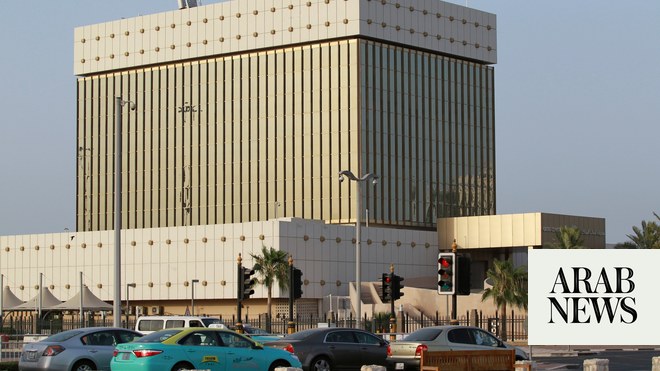
DUBAI — As economic activities resume in Saudi Arabia following the lifting of the nationwide coronavirus curfew, the Institute of Chartered Accountants in England & Wales (ICAEW) convened an expert panel to address the actions companies and their leaders must take to guide their businesses through the ‘new normal’ world beyond the coronavirus pandemic. The joint webinar was held last week with leading specialist recruitment group, Robert Walters.
Captains of Saudi industry were asked to give insight into the issues they are prioritizing to help steer their companies through recovery. These include: challenging any long-held assumptions about their businesses that they had before the coronavirus pandemic; plotting scenarios of what the business may need to do next; understanding the critical interdependencies within their supply chains and how they may have been affected by the pandemic; and exploring available financing measures and strategies that could help the business rebuild.
The panelists included Adnan Zakariya, country managing director, Protiviti Saudi member firm for management consultancy; Ammar Khayyat chief financial officer at SACO; and Asad Zain, vice president finance of Olayan Saudi Holding Company. The webinar was led by Omer Zakaria, manager for Saudi Arabia and the Northern Gulf region of Robert Walters Middle East, and moderated by Vanessa Heywood, head of business development MEASA, ICAEW.
To manage risks during early stages of an economic crisis such as the pandemic, speakers advised that companies must first ensure:
• the health and safety of employees
• that the business can continue to operate
• that profitability can be preserved as much as possible
• that the business can manage its cash flow to stay liquid.
Panelists also agreed that an essential step in managing potential risks in an organization is to set up a crisis management team that will provide regular reviews of progress being made, while following government guidelines.
Michael Armstrong, FCA and ICAEW regional director for the Middle East, Africa and South Asia (MEASA), said: “This is, undoubtedly, a worrying time for many organizations in Saudi Arabia. While the Vision 2030 economic diversity agenda should remain a top priority for steering the Kingdom’s economic recovery, it is likely COVID-19 may be the primary concern for businesses at this time. However, what the coronavirus has shown is that companies can be innovative, adaptable and resilient.
“The accountancy profession has a pivotal role to play in helping businesses navigate their way through the recovery process — by identifying risks, presenting sound financial information, measuring goals and using data. The immediate priority of accounting professionals in Saudi Arabia should be ensuring that sufficient liquidity is kept in the system to help cash flow in the face of an abrupt fall in demand due to coronavirus-related lockdowns or social distancing restrictions.”
Zakaria said: “COVID-19 represents a turning point in business history – the creation of a new normal. We may never revert to our old ways of working or doing business once the worst of the crisis has passed. Therefore, companies must come up with new ways of operating and utilizng their time and recourses more efficiently.
“As we rebuild the global economy, we must remember that strong economies are rooted in inclusive, responsible and sustainable behaviors. Companies that plan ahead, think strategically, adapt quickly to changes, and empower and trust in their employees during times of uncertainty, will be best positioned to leverage it for future growth.”
Cost optimization, process reengineering and communication
During the webinar, panelists urged businesses in Saudi Arabia to focus not only on implementing cost-cutting initiatives, but on cost optimisation too. That means assessing areas where operational costs can be re-allocated or avoided altogether.
The speakers agreed that companies in Saudi Arabia must revisit their operational processes and look for new areas of enhancement through automation. For many Saudi companies this would require investment in technology and upgrading their telecommunication infrastructure.
Companies in Saudi Arabia should also remember the crucial need for communication during a crisis, both within the organization and externally with customers, stakeholders and banks.
Speakers agreed that encouraging employees to ask questions, maintaining open lines of communication and implementing best communication practices can help organizations to communicate more effectively and responsibly across all channels — be that via telephone calls, emails or social media.
The webinar was attended by ICAEW members and senior finance representatives from major global and regional organizations. — SG












